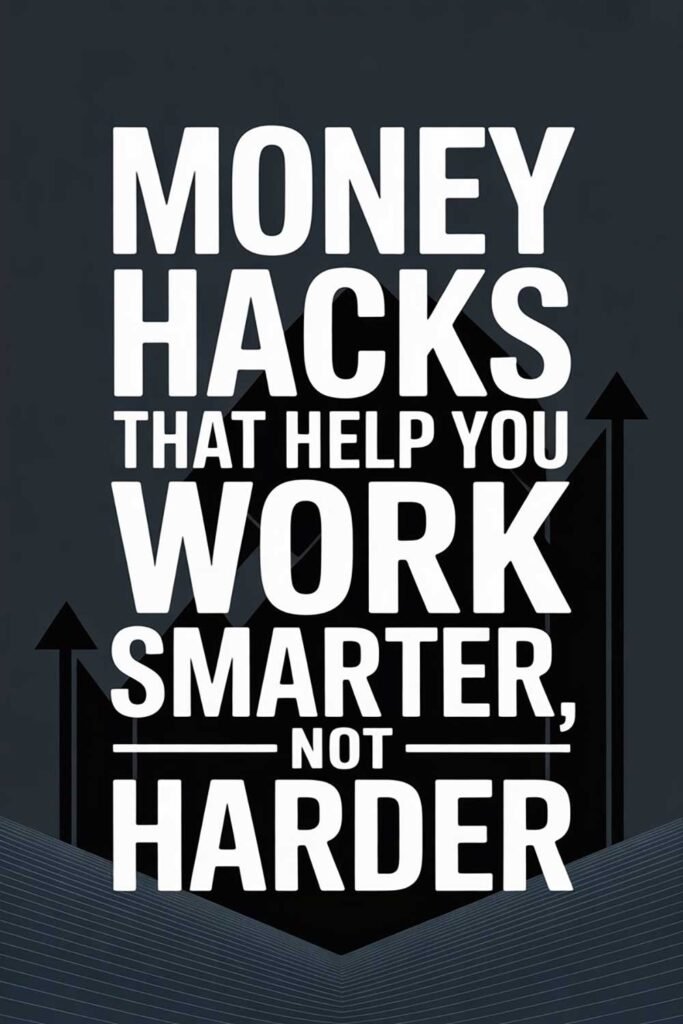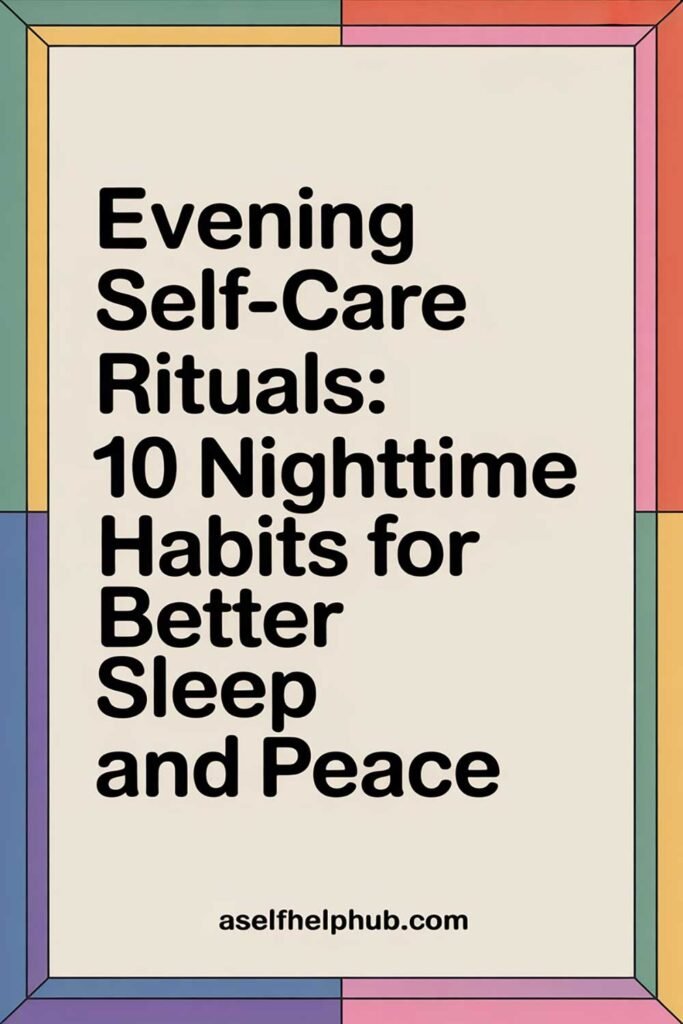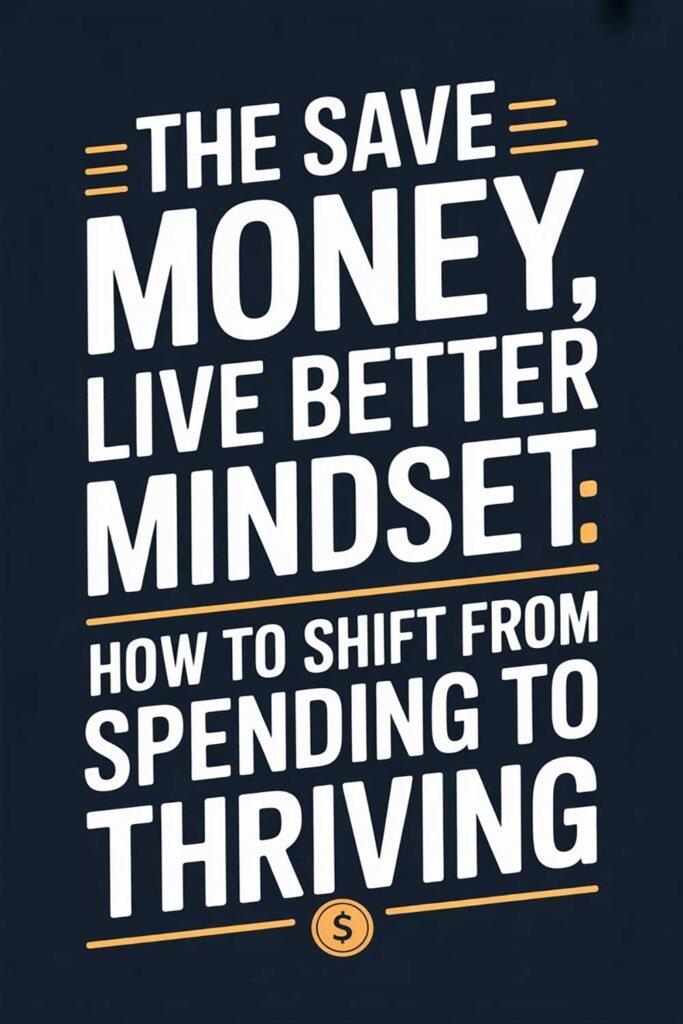
Mastering Time Management: A Key to Productivity and Balance
In today’s hyper-connected, always-on world, time often feels like a scarce and elusive commodity. We’re constantly bombarded with demands, distractions, and an ever-growing to-do list, leaving us feeling perpetually rushed, stressed, and unable to keep up. The dream of achieving ambitious goals while maintaining a healthy work-life balance can seem like an impossible fantasy. Yet, for those who truly master the art of time management, this elusive balance becomes a tangible reality, unlocking unparalleled levels of productivity, reducing stress, and fostering a sense of control over their lives. Understanding what is time management and why it matters is the foundational step toward this mastery.

Time management isn’t about fitting more tasks into your day; it’s about making conscious choices about how you spend your most valuable resource, aligning your efforts with your priorities, and protecting your energy. It’s a skill that, once honed, can transform your professional output, deepen your personal relationships, and provide ample space for self-care and leisure. I spent years feeling overwhelmed by a never-ending stream of tasks before realizing that the problem wasn’t a lack of time, but a lack of intentionality in how I managed it.
This article will delve into the core principles and effective strategies for mastering time management, guiding you towards greater productivity, reduced stress, and the harmonious work-life balance you’ve always envisioned.
The Illusion of Busyness: Why Time Escapes Us
Before we can manage time, we must understand why it often feels unmanageable:
- Distraction Overload: Smartphones, social media, email notifications, and open-plan offices create a constant barrage of interruptions. Indeed, avoiding the biggest time wasters you don’t even notice is crucial for focused work.
- Lack of Clarity & Prioritization: Without knowing what’s truly important, every task feels urgent, leading to reactive rather than proactive work.
- Overcommitment: A fear of saying “no,” or an overestimation of our capacity, leads to overloaded schedules and diluted effort.
- Perfectionism & Procrastination: Waiting for the “perfect” moment or trying to do everything flawlessly often leads to delays and missed deadlines.
- Multitasking Myth: The belief that juggling multiple tasks simultaneously makes us efficient; in reality, it reduces focus and increases errors.
- Ignoring Energy Levels: Pushing through fatigue or trying to do complex tasks during low-energy periods leads to inefficiency.
Mastering time management is about consciously addressing these pitfalls and replacing them with strategic habits.
Core Principles of Effective Time Management
These foundational principles underpin every successful time management strategy:
1. Clarity & Prioritization: Know What Matters Most
You cannot manage time effectively if you don’t know what to manage it for.
- The Principle: Identify your most important goals and values. Then, for each day or week, pinpoint the 1-3 “big rocks” – the tasks that will have the most significant impact on those goals.
- How it Transforms: This principle ensures you’re always working on what truly matters, preventing you from being busy just for the sake of it.
- Real-Life Example: Before starting my workday, I dedicate 10 minutes to identifying my top 3 “must-do” tasks. These are non-negotiable. Even if the rest of my day goes off track, I know I’ve moved the needle on what’s critical. This deliberate choice makes a huge difference in my productivity.
2. Planning & Scheduling: Design Your Day (Don’t Just React)
Intentional scheduling turns intentions into actions.
- The Principle: Instead of a simple to-do list, schedule specific blocks of time for specific tasks in your calendar. Treat these blocks as appointments with yourself.
- How it Transforms: This ensures important tasks get dedicated time and reduces decision fatigue throughout the day. It helps you control your calendar rather than letting it control you. Leveraging the best time blocks for maximum focus and energy can optimize this strategy.
- Real-Life Example: For my writing projects, I block out “Deep Work: Writing” for 90 minutes each morning. During this time, my phone is off, email closed, and I focus solely on writing. This has allowed me to complete projects much faster and with higher quality.
3. Focus & Minimizing Distractions: The Power of Single-Tasking
Our brains perform best when focused on one thing at a time.
- The Principle: Cultivate single-tasking. When working on a task, eliminate all non-essential distractions (notifications, irrelevant tabs, background noise).
- How it Transforms: This dramatically increases efficiency, reduces errors, and improves the quality of your work. You enter a state of “flow” where time seems to disappear.
- Real-Life Example: When working on a complex financial report for my home-based business, I used to get interrupted by every email notification. Now, I use browser extensions to block distracting sites and put my phone on “do not disturb.” This dedicated focus means I can complete the report in half the time it used to take. This intense focus is essential for any home-based business opportunities to thrive.
4. Boundaries & Saying “No”: Protect Your Time and Energy
Your time is a finite resource; protecting it is an act of self-respect.
- The Principle: Learn to politely but firmly decline requests that don’t align with your priorities or capacity. Establish clear boundaries around your work hours and personal time.
- How it Transforms: This prevents overcommitment, reduces burnout, and ensures you have sufficient time for your most important tasks and for rest.
- Real-Life Example: I used to say “yes” to every committee request at work, even when my plate was overflowing. This led to working late and feeling resentful. By learning to say “no” to non-essential commitments, I reclaimed hours for high-priority projects and personal time.
5. Strategic Breaks & Rest: Recharge for Sustained Productivity
Rest is not a reward for productivity; it’s a prerequisite for sustained productivity.
- The Principle: Integrate regular, short breaks into your workday (e.g., Pomodoro Technique: 25 minutes work, 5 minutes break). Schedule longer periods for rest and rejuvenation in your weekly routine.
- How it Transforms: Prevents decision fatigue and burnout, improves focus, and enhances creativity. You work better, not just longer.
- Real-Life Example: After years of pushing through without breaks, I started feeling drained by midday. Now, after every 50-minute work block, I take a 10-minute walk or stretch. This simple habit keeps my energy levels high throughout the day and has significantly reduced my evening fatigue.
Mastering Time Management: A Continuous Journey
Time management is not a fixed destination but an ongoing skill you refine through practice and reflection. It’s about constant adjustment, learning what works best for you, and being flexible enough to adapt to life’s inevitable curveballs.
- Experiment: Try different techniques (Eisenhower Matrix for prioritization, Pomodoro, time blocking, batching similar tasks). See what resonates. The range of 7 time management hacks that changed my life offers a starting point for experimentation.
- Track & Review: Regularly assess how you’re spending your time and whether it aligns with your goals. Adjust as needed.
- Be Patient & Compassionate: You won’t master it overnight. There will be days you fall off track. Learn from it, forgive yourself, and get back to it. This consistent effort is truly the art of time management.
By committing to mastering your time, you’re not just optimizing your schedule; you’re reclaiming control over your life. You’re building a foundation for greater achievement, reduced stress, and the freedom to pursue what truly brings you joy and balance.
20 Empowering Quotes on Time Management and Productivity:
- “Time is what we want most, but what we use worst.” – William Penn
- “It’s not enough to be busy, so are the ants. The question is, what are we busy about?” – Henry David Thoreau
- “You may delay, but time will not.” – Benjamin Franklin
- “The way we spend our time defines who we are.” – Stephen Covey
- “Lack of direction, not lack of time, is the problem. We all have twenty-four hour days.” – Zig Ziglar
- “Don’t say you don’t have enough time. You have exactly the same number of hours per day that were given to Helen Keller, Pasteur, Michelangelo, Mother Teresa, Leonardo da Vinci, Thomas Jefferson, and Albert Einstein.” – H. Jackson Brown Jr.
- “Either you run the day, or the day runs you.” – Jim Rohn
- “The key is not to prioritize what’s on your schedule, but to schedule your priorities.” – Stephen Covey
- “Concentration is the root of all the higher abilities in man.” – Bruce Lee
- “The difference between successful people and very successful people is that very successful people say ‘no’ to almost everything.” – Warren Buffett
- “Efficiency is doing things right; effectiveness is doing the right things.” – Peter Drucker
- “The best time to plant a tree was 20 years ago. The second best time is now.” – Chinese Proverb (Applies to starting time management!)
- “Work smarter, not harder.” – Allen F. Morgenstern
- “Until we can manage time, we can manage nothing else.” – Peter Drucker
- “The successful warrior is the average man, with laser-like focus.” – Bruce Lee
- “If you want to make an easy job seem hard, just keep putting off doing it.” – Olin Miller
- “Your routine determines your destiny.” – Darren Hardy
- “The bad news is time flies. The good news is you’re the pilot.” – Michael Altshuler
- “Manage your time well, and you will manage your life well.” – Unknown
- “Doing less but focusing more on what matters is the ultimate productivity hack.” – Unknown
Picture This
Imagine your day is a vast, open field, and you have a handful of seeds (your tasks and goals). Without time management, you might scatter the seeds randomly, hoping some grow. The field becomes chaotic, and little of true value flourishes. Now, picture yourself as a master gardener. You thoughtfully divide the field into plots (time blocks), carefully select the most important seeds (priorities), prepare the soil, and plant each one with intention and focus. You weed meticulously (eliminate distractions) and nurture consistently. The field still requires effort, but it yields a bountiful harvest, a testament to your intentional planning and skillful cultivation. That’s the power of mastering time management.
Share This Article
Did this article help you understand how to master time management for greater productivity and balance? Share it with friends, family, or on social media to help others reclaim control of their most valuable resource!
Disclaimer
This article is intended for informational purposes only and provides general guidance on time management strategies. Individual results may vary based on effort, personal circumstances, and underlying psychological factors. It is not a substitute for professional advice, diagnosis, or treatment for specific issues related to chronic procrastination, ADHD, anxiety, or work-life balance challenges. If you are experiencing significant or persistent difficulties, please consult with a qualified professional.






